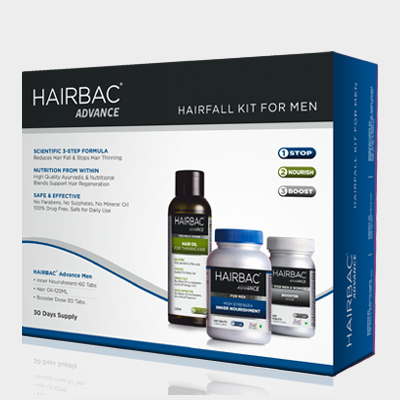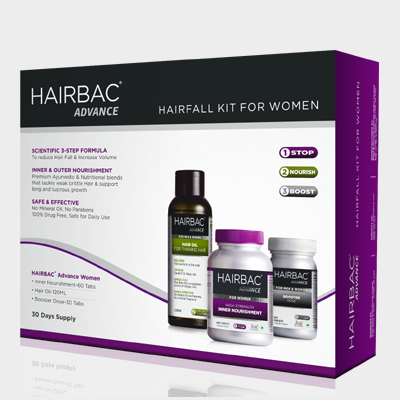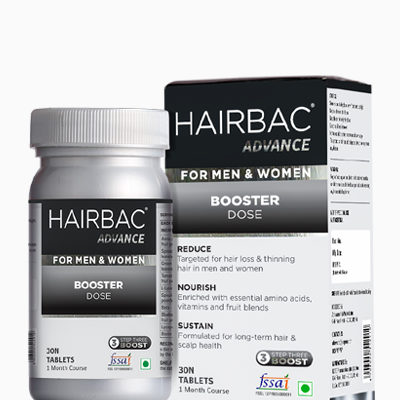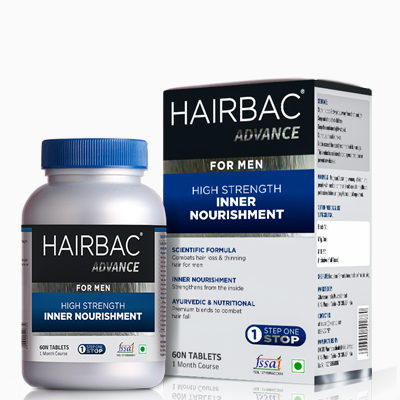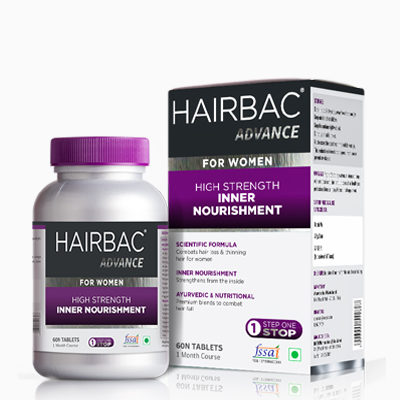When you go to the market looking for your next hair care elixir after the last one failed to create any traction in your stubborn scalp, you’ll most likely come across products claiming to be free of harmful chemicals like sulfates, parabens, and/or mineral oils. You might ask yourself: do I really need to care about chemicals I can barely pronounce or understand?
The short answer: yes!
Now let’s dive deeper.
Sulfates:
Sulfates are essentially soaping agents: they are what give your detergents, dish soaps, toothpastes, and shampoos that rich lather that leaves you with that squeaky-clean feeling. Doesn’t sound too bad, right?
But think about it: you’re essentially using the same chemicals to clean your hair and scalp as the ones you use to clean your clothes and dishes. And that’s the crux of the issue with sulfates: your hair and scalp just don’t need to be cleaned that vigorously every other day (or worse, every single day).
The fact is, sulfates give you that coveted squeaky-clean feeling because they strip your hair of its natural oils. With repeated use, sulfates make your hair dry and brittle, deteriorating your hair texture and quality. For people with sensitive skin, sulfates can cause an itchy and flaky scalp in the long run.
Sulfates are found in almost every cleaning agent and foaming cosmetic product in the form of any of these 3 compounds: sodium lauryl sulfate (SLS), sodium lauryl ether sulfate (SLES), and ammonium laureth sulfate. According to dermatological experts, SLES is milder than SLS, and ammonium laureth sulfate is the mildest of the three.
The most common sulfate compounds used in cosmetics are SLS and SLES, and over the years, these 2 compounds have come under great scrutiny. This is why you need to beware as a consumer: products that claim to be “sulfate-free” are often only free of SLS and SLES; they still contain the harsh chemical ammonium laureth sulfate! Closely check the complete list of ingredients before you buy.
Mineral Oils:
Mineral oil is a petroleum by-product that is produced during the processing of petroleum into natural gas. This oily liquid is used as a common lubricating agent. As a byproduct of petroleum, mineral oil is cheap to use, which is why it ends up in many of the cosmetic products that line the shelves of grocery stores and chemist shops.
Mineral oil is used as a moisturising agent in cosmetic products since it creates a film around your skin, thereby ‘locking’ moisture in your skin. Moisture can neither enter your skin nor exit your skin. What’s the problem with that, you ask?
The issue here is that mineral oil achieves this moisture-locking effect by clogging your pores and trapping dirt and excess oil in your skin. Additionally, mineral oil repels water, which means you need a pretty strong soap to remove it from your skin. Enter sulfates and all the side effects of using sulfates (see above!).
Compared to natural oils such as those from olive, sesame, and coconut, mineral oil doesn’t penetrate deep into your hair shaft. It simply stays on the surface, creating the illusion of moisturised hair, without providing any nutritional content whatsoever. Choosing mineral oil for your hair is like choosing to lather your locks with cheap, industrial lubricant – you can do better than that!
Mineral oil may be found in ingredient lists in any of these forms: paraffin, paraffin oil, paraffinum liquidum, and liquid petrolatum. Make sure to scan the ingredients for all of these culprits before you buy any cosmetic products!
Parabens:
Parabens are a class of preservatives that are commonly found in cosmetic products like lotions, oils, and shampoos. They are used to increase the shelf-life of products by preventing the growth of bacteria. So far, so good.
But these preserving qualities of parabens come with a dangerous side-effect: they act as endocrine-disruptors, which means they can disturb the normal hormonal activity of the body. Essentially, parabens mimic estrogen, the female sexual hormone. Thus, using products with parabens causes an excess of estrogen in women – a phenomenon that has been linked to increased risk of breast cancer. Some scientific studies also point to parabens as a cause of premature puberty in girls. In males, parabens can have the effect of lowering sperm count and increasing the risk of testicular cancer. Time to can this carcinogen!
Parabens are found in products under the following names: butylparaben, methylparaben, and propylparaben. They are relatively easy to spot in the ingredient list, so check before you buy any product.
The final verdict:
Avoid using products that contain sulfates, mineral oils, and parabens (especially parabens!). Instead, go for products that include more natural, herbal ingredients and remember to always, always, ALWAYS check the list of ingredients carefully!
All Hairbac Advance Products are formulated without sulfates, mineral oils, and parabens.

